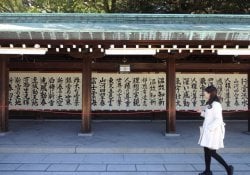Have you ever thought about doing an exchange in Japan? Many dream of studying abroad and Japan is a much sought after destination for being a place known for education and great teaching. Wanting to spend time studying this culture is not a distant dream.
If there is planning, it will definitely be a wonderful experience and without unnecessary headaches. This article will help you to be prepared for this journey of knowledge.
Índice de Conteúdo
I do not speak Japanese! And now?!
Undoubtedly one of the concerns is about the language! Many people find it difficult to learn a new language and the process of learning to reach fluency can take a while depending on the person's degree of difficulty and under what circumstances they are learning.
Don't worry about becoming fluent overnight, but be prepared at least for the basics. nowadays have many courses, including online that can help you not to be embarrassed when greeting a native.
Study a little about the three writing systems of the country which are: hiragana, katakana and kanji. Having a sense of how this writing works already helps a lot. But if you have the chance to take a more complete course, it will definitely be even better.
Don't be afraid if you can't learn everything by the day you start your exchange in Japan. And you can still choose an educational institution that has another language that you master, if you don't have the most sought after option is English.
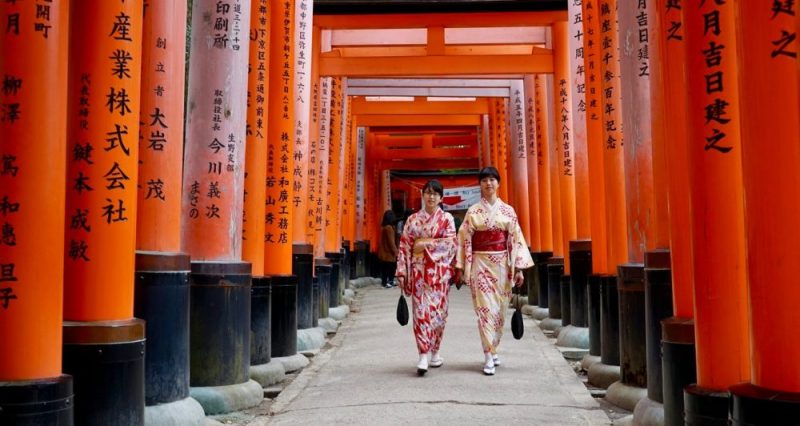
What documentation will I need?
Always when it comes to studying abroad as an exchange program in Japan, it must be with a good planning to allow time to solve everything on time and not face problems at the last minute. Have the list of documents at hand and cross off the completed ones.
One of the most important things is to have all personal documents up to date, passport and documentation that will be required according to the type of exchange in Japan and its duration. Some of the documents may be the certificate of eligibility and for your diploma to be valid in Japan you must do the validation. I wrote more details about these specific documents.
It is necessary to be up to date with the vaccinations considered routine. These are: Measles, mumps and rubella vaccine (MMR), diphtheria, tetanus and whooping cough (pertussis) vaccine (DTP), chickenpox vaccine (chickenpox) and polio vaccine.
Those who go on an exchange program in Japan should also take booster doses according to the role they will play in Japan, such as Hepatitis A (transmission through contaminated food and water), Hepatitis B (if you get a tattoo, have a sexual intercourse with a new partner or undergoing any medical procedure) and the rabies vaccine (if you plan to explore caves or do outdoor adventure activities where bats are prevalent).
And of course, with the emergence of COVID-19, countries require everyone to be vaccinated to be able to travel. This one has now become indispensable at least while this pandemic lasts. There are even places that you can only enter if you are up to date with the vaccine and before boarding a PCR or blood test must be done to know if you are free of the disease.
It is important to note that for the documentation, you have to see separately the amount to be spent on each one and the vaccines can be applied by the public health network if you have a SUS card. Otherwise they must be paid at private clinics. The COVID-19 is the only one that is not yet available to be applied in particular places.
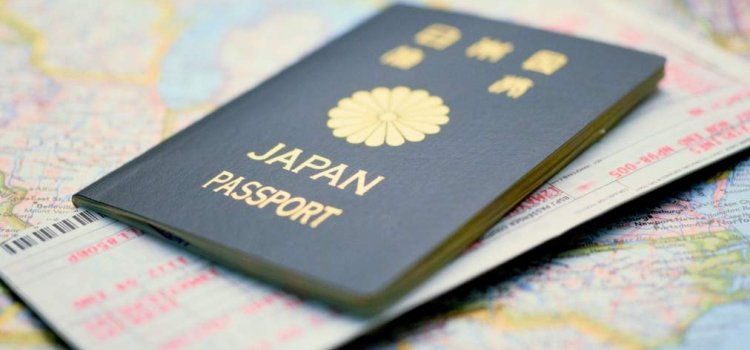
Okay, but is it the money for this much stuff?!
The amount will depend on the level of education and course you intend to enter on your exchange program in Japan. Here on the site in an article about the Japan's top universities.
If the college is public, private or national, the value also changes. The Hotcourses website released a table with an average price for each grade level. See below:
UNIVERSITY GRADUATE
- for national university: Approximately 820,000 yen;
- for public university: Approximately 930,000 yen;
- for private university: Between 1,100,000 yen and 1,640,000 yen;
MASTER'S DEGREE
- for national universities: ¥817,800;
- for local public universities: ¥902,605.
DOCTORATE DEGREE
- for national universities: ¥817,800;
- for local public universities: ¥902,605.
For healthcare areas such as Medicine, Dentistry and Pharmacy the values increase. But on the other hand, tuition fees are very affordable compared to other highly sought-after study destinations. And they are usually one-time fees.
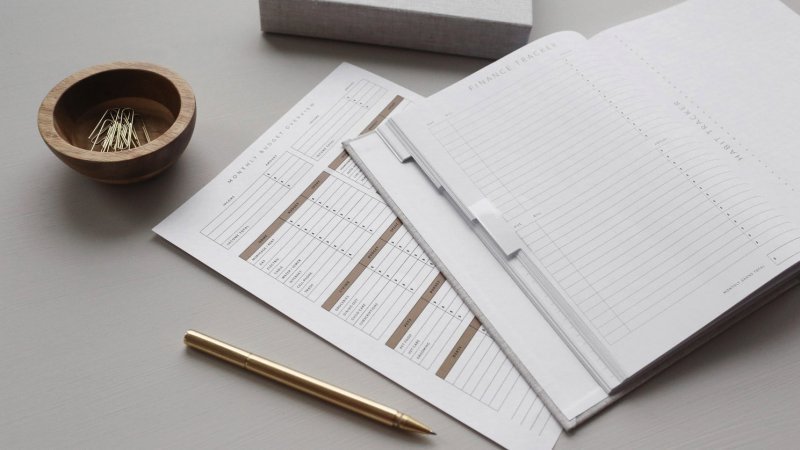
The article is still halfway through, but we recommend also reading:
Cost of living in Japan
We can't just remember the university and forget how to stay there. When making the budget, take into account: tickets, transportation, accommodation, food, personal expenses, emergencies and additional college fees.
One of the cities with cost of living highest could only be the capital Tokyo. But even there it is possible to find cheaper accommodation and food, the secret is to do a lot of research. Because if you don't, the money will run out quickly.
The ideal is to have an international card that is accepted in Japan, it is safer than walking around with your yen. Those who wish to study abroad in Japan have more advantages than tourists when it comes to getting and using their money.
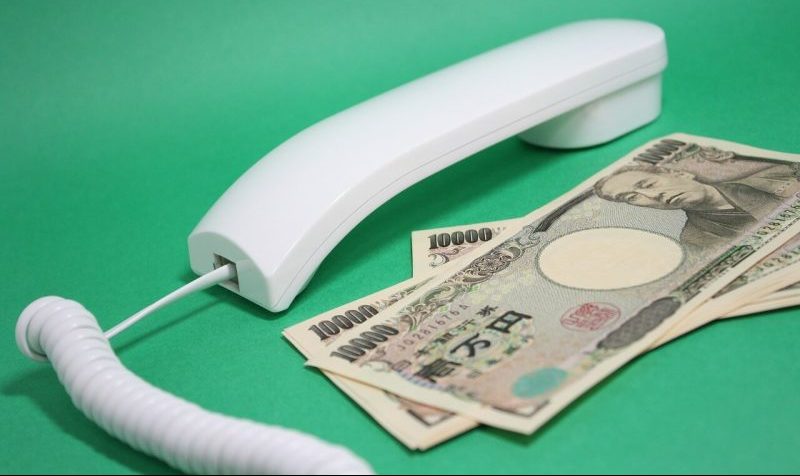
I don't have that much money to study, but it's my dream!!
Like most universities in the world, those in Japan also have a scholarship system! So, YES it is possible to study for free in Japan! To do this, you must keep in mind which course you are interested in and if the university you wish to enter accepts scholarships and if you meet the requirements.
MEXT scholarships (from the Ministry of Education, Culture, Sports, Science and Technology of Japan) guarantee exemption from tuition fees, round-trip airfare, the Japanese language course and an amount to defray the student's stay. in the country that costs from 3 to 5 thousand reais per month.
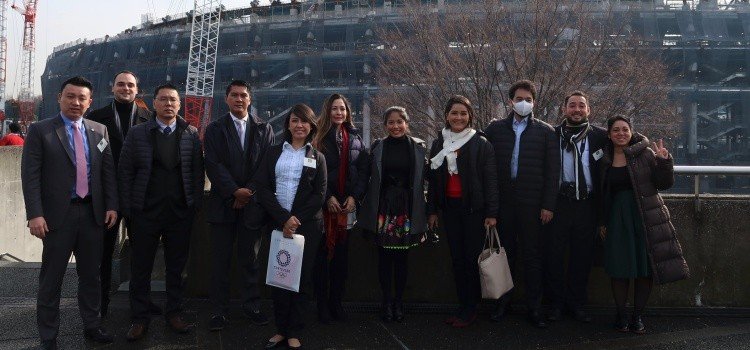
Enjoy the exchange in Japan!
Once you have everything ready and start your dream, make the most of it! Make friends with natives, improve your language, become familiar with Japanese transport systems, research your hosting, try as much food as you can.
This chance is for few so every second of your exchange in the land of the rising sun will be precious! Join the festivities and get in direct contact with the culture!
Do you have the dream of studying abroad in Japan?



